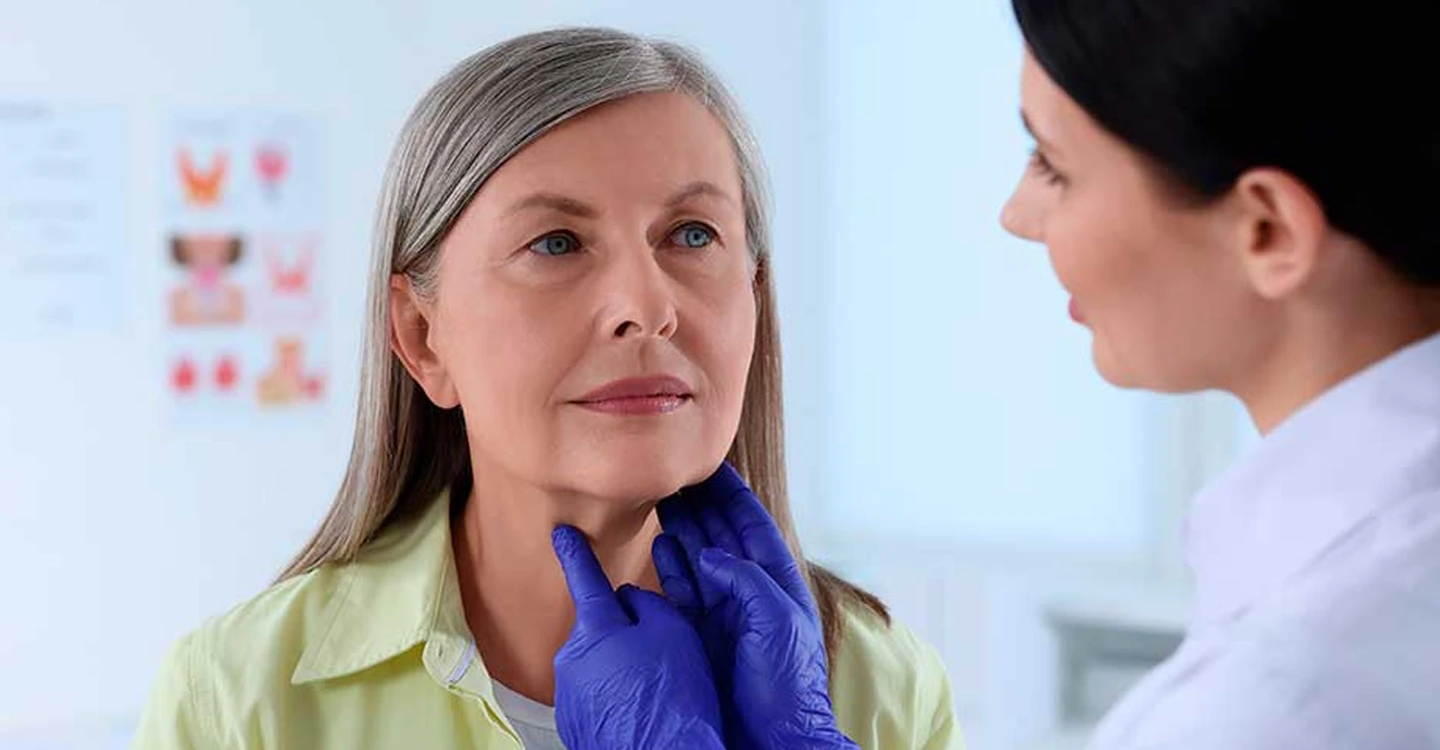ROME, Ga., March 5, 2025 – The thyroid is a relatively small gland that can cause big problems.
Women are between five and eight times more likely than men to develop a thyroid condition in their lifetime – especially after pregnancy or menopause. About 20 million people in the United States will have a thyroid condition at some point in their life.
“Body temperature, blood pressure and metabolism and many other functions of your body are regulated by your thyroid," said Suni Carroll, a family nurse practitioner with Atrium Health Floyd Northwest Georgia Medical Clinic OB-GYN.
Located in the front of the neck, the thyroid produces hormones for the body. It plays a significant role in pregnancy and conception and can affect the health of a growing fetus.
“Why more women than men are at a higher risk for thyroid condition is unknown," Carroll said. “It has been suggested that a person's autoimmune system and family history may be factors. But what we do know is one in eight women will likely be affected by a thyroid issue during her lifetime."
Common thyroid conditions include:
Hyperthyroidism
This is what happens when your thyroid is overactive and overproducing hormones. It is marked by weight loss, hand tremors, thinning, brittle hair and muscle weakness. Also, Graves' disease can occur when your thyroid is too active, attacking healthy tissue.
Hypothyroidism
Unexplained Weight gain is one possibly symptom of hypothyroidism, when the thyroid gland is underactive. Other possible symptoms Include fatigue, feeling cold and dry skin. Hashimoto's disease is an autoimmune disease where antibodies from the immune system attack the thyroid due to hypothyroidism.
Goiter
This is what happens when your thyroid becomes unusually enlarged. That is usually a signal that something else is wrong with the gland. A goiter typically causes swelling in the neck and, if large enough, can be visible or felt.
Nodules
These can often become large enough to see or feel. Sometimes they don't cause any symptoms, but your provider should check regularly for any lumps.
“If you suspect you have a problem, a blood test is one of the best ways to diagnose a thyroid condition," Carroll said.
Carroll sees patients at Atrium Health Floyd Northwest Georgia Medical Clinic OB/GYN. To make an appointment, call 706-391-0884.
